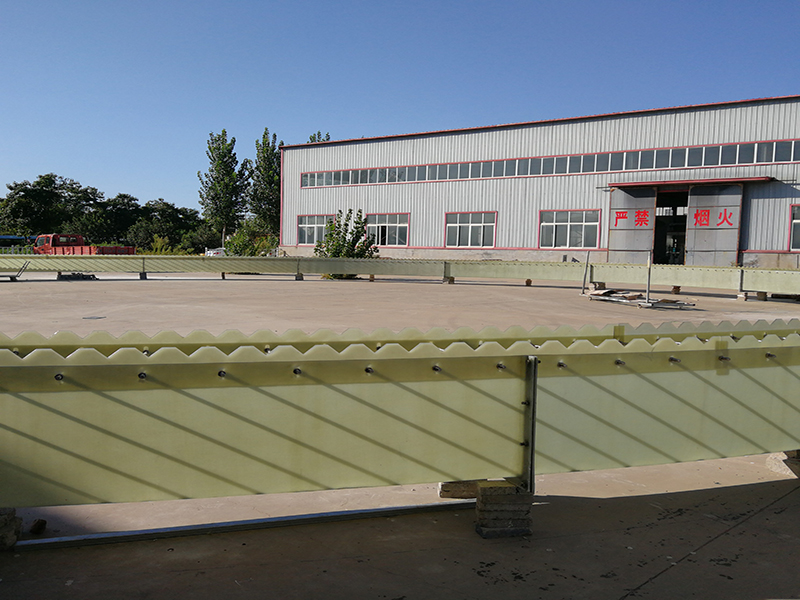
-
 Afrikaans
Afrikaans -
 Albanian
Albanian -
 Amharic
Amharic -
 Arabic
Arabic -
 Armenian
Armenian -
 Azerbaijani
Azerbaijani -
 Basque
Basque -
 Belarusian
Belarusian -
 Bengali
Bengali -
 Bosnian
Bosnian -
 Bulgarian
Bulgarian -
 Catalan
Catalan -
 Cebuano
Cebuano -
 China
China -
 China (Taiwan)
China (Taiwan) -
 Corsican
Corsican -
 Croatian
Croatian -
 Czech
Czech -
 Danish
Danish -
 Dutch
Dutch -
 English
English -
 Esperanto
Esperanto -
 Estonian
Estonian -
 Finnish
Finnish -
 French
French -
 Frisian
Frisian -
 Galician
Galician -
 Georgian
Georgian -
 German
German -
 Greek
Greek -
 Gujarati
Gujarati -
 Haitian Creole
Haitian Creole -
 hausa
hausa -
 hawaiian
hawaiian -
 Hebrew
Hebrew -
 Hindi
Hindi -
 Miao
Miao -
 Hungarian
Hungarian -
 Icelandic
Icelandic -
 igbo
igbo -
 Indonesian
Indonesian -
 irish
irish -
 Italian
Italian -
 Japanese
Japanese -
 Javanese
Javanese -
 Kannada
Kannada -
 kazakh
kazakh -
 Khmer
Khmer -
 Rwandese
Rwandese -
 Korean
Korean -
 Kurdish
Kurdish -
 Kyrgyz
Kyrgyz -
 Lao
Lao -
 Latin
Latin -
 Latvian
Latvian -
 Lithuanian
Lithuanian -
 Luxembourgish
Luxembourgish -
 Macedonian
Macedonian -
 Malgashi
Malgashi -
 Malay
Malay -
 Malayalam
Malayalam -
 Maltese
Maltese -
 Maori
Maori -
 Marathi
Marathi -
 Mongolian
Mongolian -
 Myanmar
Myanmar -
 Nepali
Nepali -
 Norwegian
Norwegian -
 Norwegian
Norwegian -
 Occitan
Occitan -
 Pashto
Pashto -
 Persian
Persian -
 Polish
Polish -
 Portuguese
Portuguese -
 Punjabi
Punjabi -
 Romanian
Romanian -
 Russian
Russian -
 Samoan
Samoan -
 Scottish Gaelic
Scottish Gaelic -
 Serbian
Serbian -
 Sesotho
Sesotho -
 Shona
Shona -
 Sindhi
Sindhi -
 Sinhala
Sinhala -
 Slovak
Slovak -
 Slovenian
Slovenian -
 Somali
Somali -
 Spanish
Spanish -
 Sundanese
Sundanese -
 Swahili
Swahili -
 Swedish
Swedish -
 Tagalog
Tagalog -
 Tajik
Tajik -
 Tamil
Tamil -
 Tatar
Tatar -
 Telugu
Telugu -
 Thai
Thai -
 Turkish
Turkish -
 Turkmen
Turkmen -
 Ukrainian
Ukrainian -
 Urdu
Urdu -
 Uighur
Uighur -
 Uzbek
Uzbek -
 Vietnamese
Vietnamese -
 Welsh
Welsh -
 Bantu
Bantu -
 Yiddish
Yiddish -
 Yoruba
Yoruba -
 Zulu
Zulu
A Complete Guide to Chemical Products for Fiber Reinforced Polymer Uses
A Comprehensive Guide to Chemical Products for FRP Applications
Fiber Reinforced Polymer (FRP) materials have gained immense popularity due to their superior strength-to-weight ratio, corrosion resistance, and versatility in a variety of applications. As industries increasingly turn towards more advanced composite materials, understanding the chemical products that optimize FRP applications becomes critical. This guide aims to provide an overview of the essential chemical products used in FRP manufacturing, their properties, and their specific applications.
1. Resins
The resin is the heart of any FRP composite. It serves as a binding agent that holds the reinforcing fibers together and gives the final product its desired shape and properties. The most common types of resins used in FRP applications include
- Polyester Resins These are widely used due to their cost-effectiveness and ease of handling. Unsaturated polyester resins are particularly favored for manufacturing boats, tanks, and automotive parts. However, they have limitations in chemical resistance, which can be mitigated with appropriate additives.
- Vinyl Ester Resins Known for their superior resistance to corrosion and thermal properties, vinyl ester resins bridge the gap between polyester and epoxy resins. They are ideal for applications in harsh chemical environments, making them suitable for chemical storage tanks and piping systems.
- Epoxy Resins These resins offer excellent mechanical properties and resistance to heat, making them suitable for high-performance applications. Epoxy resins are commonly used in aerospace, automotive, and sporting goods industries, where structural integrity is paramount.
2. Hardeners and Additives
Hardeners, also known as curing agents, are crucial for initiating and controlling the curing process of resins. The selection of hardeners can significantly influence the final properties of the FRP composite. Commonly used hardeners include
- Amine Hardener Often paired with epoxy resins, amine hardeners cure quickly and provide high strength
. They are essential in applications requiring rapid setting times.chemical products for frp applications a comprehensive guide ...

- Peroxide Hardener Typically used with polyester and vinyl ester resins, peroxide hardeners create cross-linking in the resin matrix, enhancing its mechanical properties.
Additives such as fillers, colorants, and stabilizers can also be incorporated into the resin matrix to improve performance characteristics. Fillers like talc and calcium carbonate can enhance the mechanical strength and reduce costs. UV stabilizers are added to protect the composite from degradation due to sunlight exposure.
3. Reinforcement Materials
The choice of reinforcement materials is another vital aspect of FRP composites. Commonly used fibers include
- Glass Fibers These are the most widely used reinforcing materials due to their good mechanical properties and affordability. Glass fiber reinforcement is suitable for a wide range of applications, from construction to automotive manufacturing.
- Carbon Fibers Known for their exceptional strength and lightweight properties, carbon fibers are ideal for high-performance applications. They are commonly used in aerospace, automotive, and sports equipment.
- Aramid Fibers These fibers offer high tensile strength and impact resistance, making them suitable for applications in ballistic protection and aerospace components.
4. Conclusion
The successful manufacturing of FRP composites depends heavily on the selection and quality of chemical products used in their production. Understanding the types of resins, hardeners, additives, and reinforcement materials is essential for achieving the desired performance in various applications. As technology progresses, advancements in chemical products for FRP applications will continue to enhance the capabilities and potential uses of these versatile materials, paving the way for innovative solutions in numerous industries. Whether in construction, automotive, aerospace, or marine applications, the effective use of chemical products will significantly influence the performance and longevity of FRP composites.









